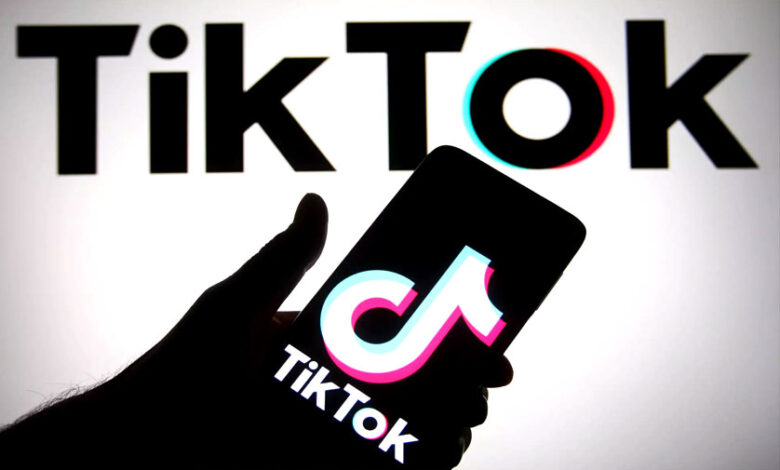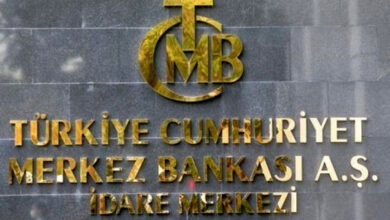Russia fines TikTok for what it calls “LGBT propaganda” and Twitch for content from Ukraine.

Russia fined TikTok and Twitch on Tuesday. TikTok was fined for not removing content that broke Russian laws against “LGBT propaganda,” and Twitch was fined for hosting a video interview with a Ukrainian politician that Moscow said was full of “fake” information.
When Reuters asked both companies for a comment, neither company answered right away. Interfax said that a TikTok representative in the courtroom had asked for the case to be over, but did not say why.
The fines are the latest step in a long-running fight between Moscow and Big Tech over content, data storage, and other issues.
The Beijing IT company ByteDance, which owns TikTok, was fined 3 million roubles ($51,000). This was announced by the Tagansky District Court in Moscow.
News agencies said that the case against TikTok was based on claims that the company was using its platform to “promote non-traditional values, LGBT rights, feminism, and a distorted view of traditional sexual values.”
The court said that Amazon (NASDAQ:AMZN), which owns Twitch, had to pay a $68,000 fine. News agencies said that the case was made because Twitch hosted an interview with Oleksiy Arestovych, an adviser to the President of Ukraine, Volodymyr Zelensky.
Twitch had to pay a fine of 3 million roubles earlier this year because it hosted another interview with Arestovych.
Early in March, after sending tens of thousands of troops into Ukraine, Russia passed a law that makes it illegal to “discredit” the armed forces. If you do, you could go to prison for up to 15 years. Foreign tech companies have been told not to break this law.
TASS reported on Tuesday that Twitch could be fined up to 8 million roubles for not removing what Russia considers to be false information about how its “special military operation” in Ukraine is going.
RUSSIA’S “LGBT PROPAGANDA” LAW
Russia is thinking about expanding its “gay propaganda” law, which was passed in 2013 and says that no one or thing can promote gay relationships to children. Lawmakers have said that the law should cover adults as well and that the fines for showing “LGBT propaganda” to minors should be raised.
Russian officials say they are defending morality against what they say are Western liberal values that are not Russian. However, human rights activists say that the law has been widely used to scare Russia’s LGBT community.
RIA also said that the Wikimedia Foundation, which runs the online encyclopaedia Wikipedia, could be fined 4 million roubles for not taking down “fake” information about the Russian army.
($1 = 58.8000 roubles)





